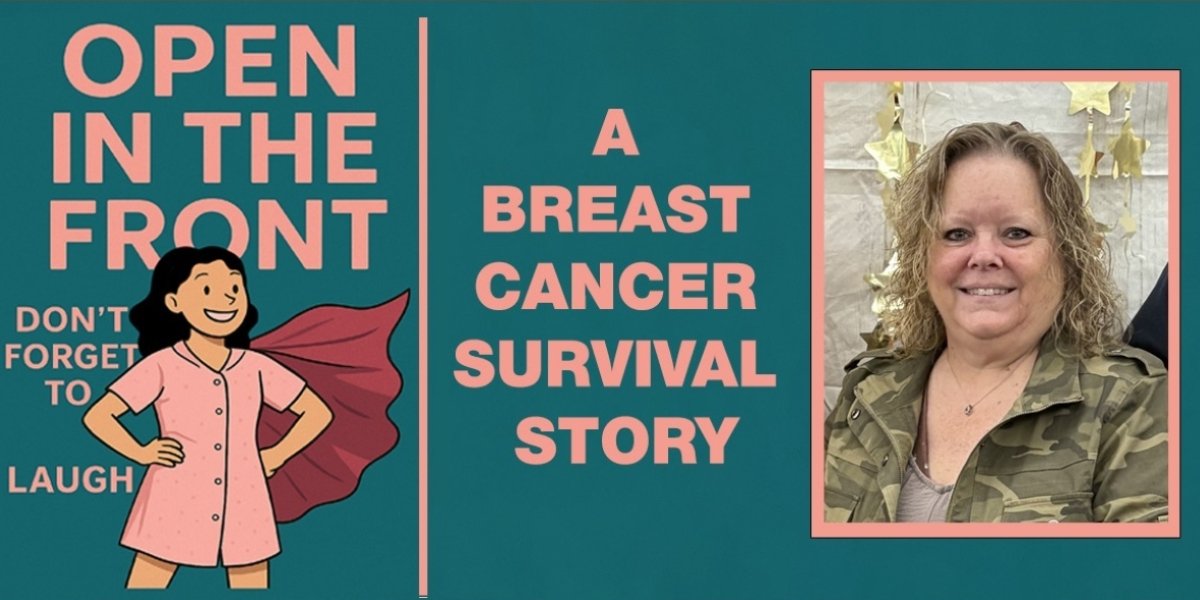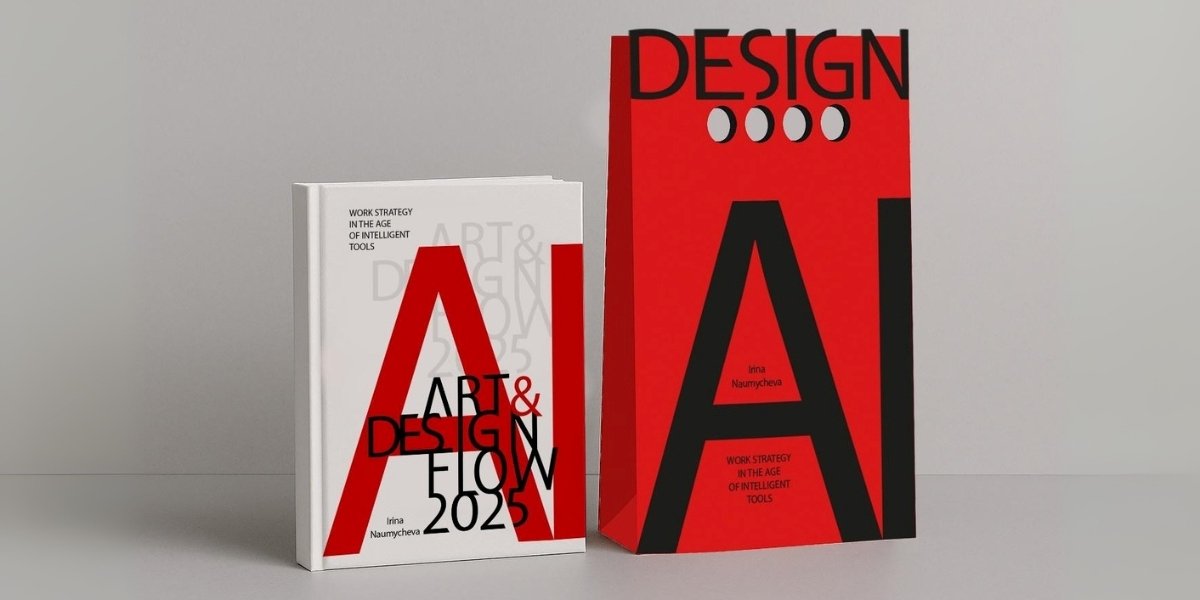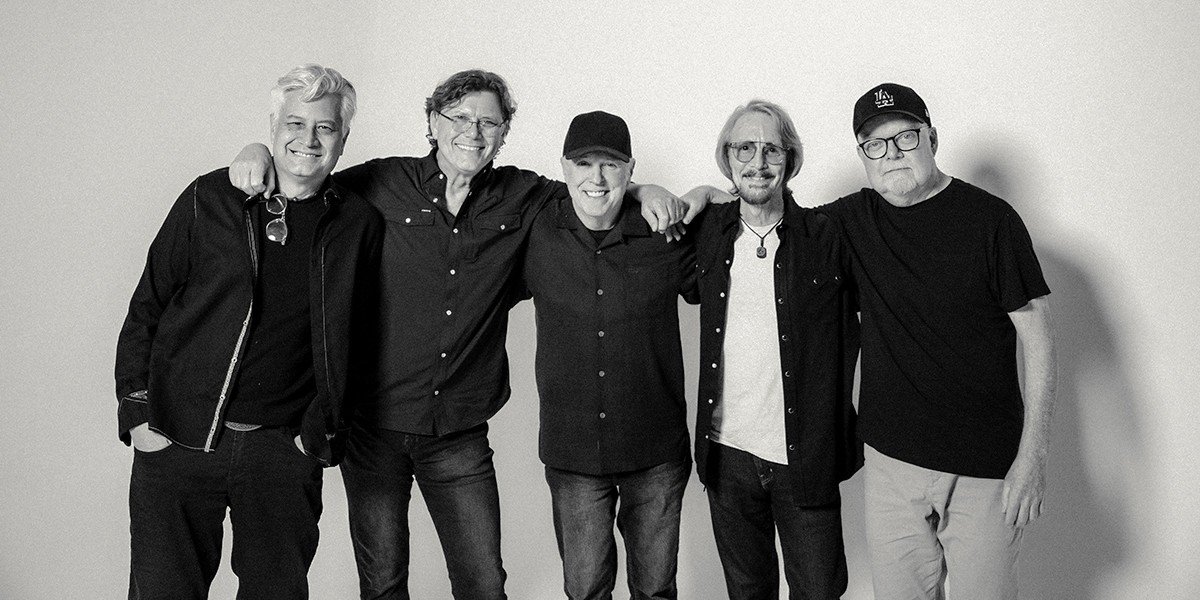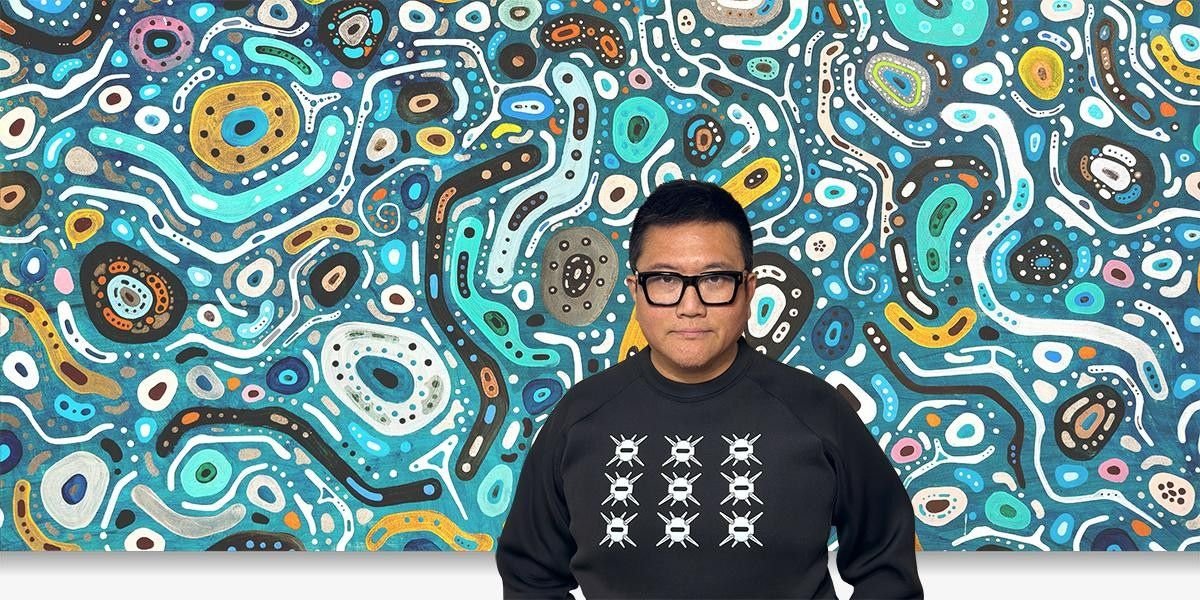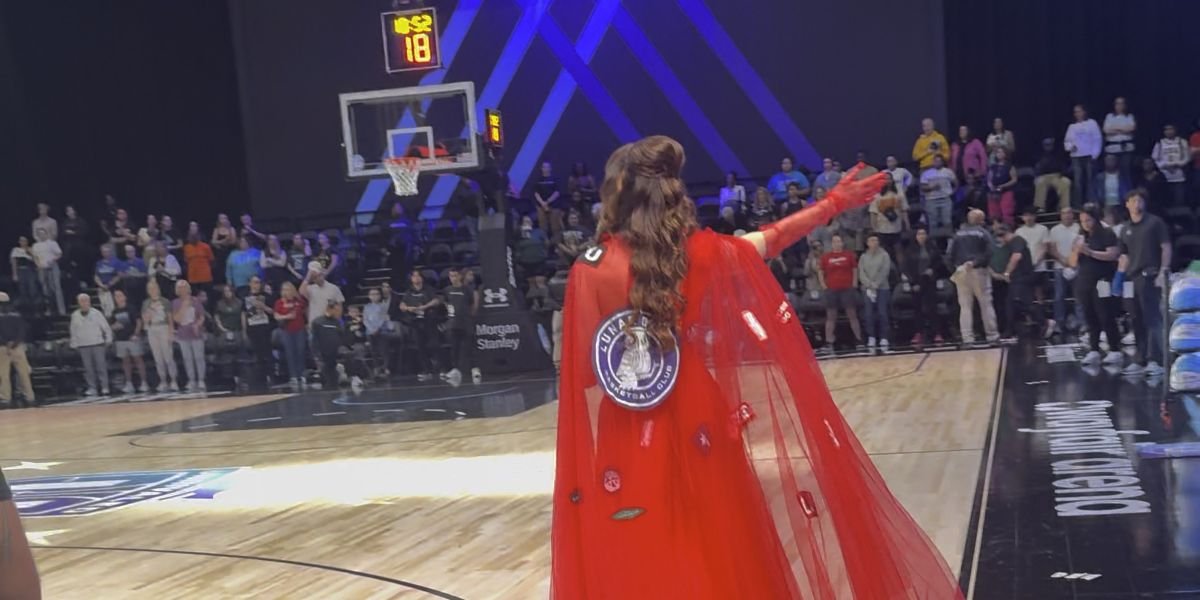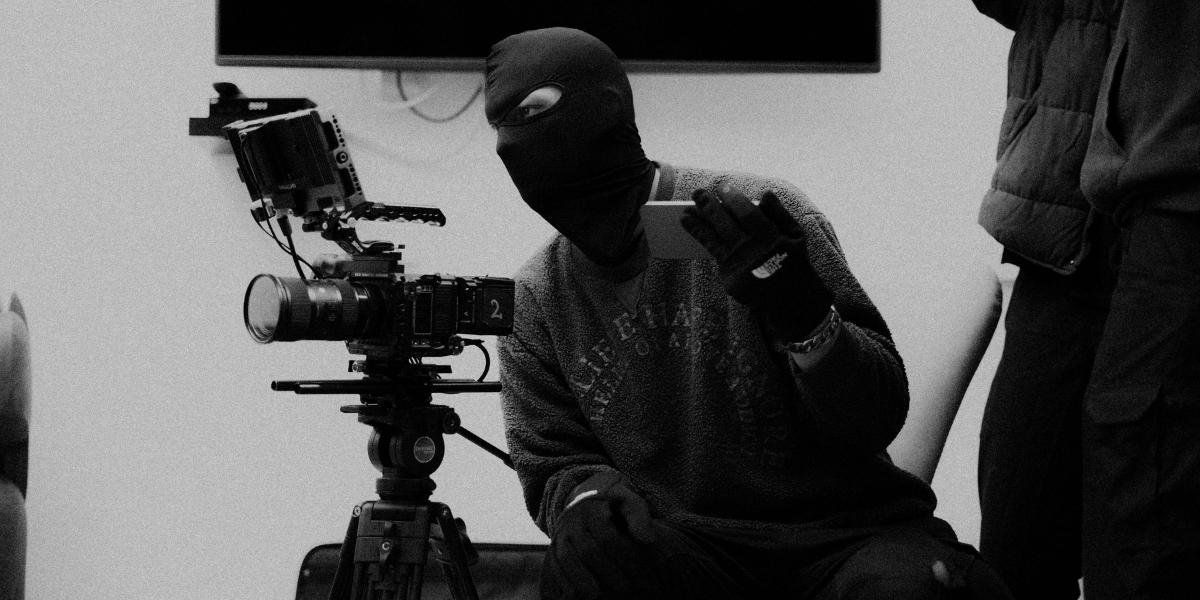By: Yilin Xing
How an Award-Winning Documentary Editor is Reshaping the Art of Narrative
In the world of documentary filmmaking, the role of the editor is often unseen, yet it is the editor who helps transform scattered footage into a powerful, cohesive story. Xinyue Wu, a Los Angeles-based editor, has become one of the compelling voices in the nonfiction narrative world, known for her surgical precision, poetic sensitivity, and a notable ability to balance emotional depth with narrative rigor. Her work spans from intimate personal portraits to sharp investigative reports, earning her critical acclaim and multiple accolades, including an Oscar nomination.
Award-Winning Work: “Mercy” (2023) – Directed and Edited by Xinyue Wu
In the winter of 2023, Xinyue and her cinematographer, Kento, traveled to Syracuse, New York, to meet producer Mengyao Wendy Wang and the protagonist, Mercy Xie. The harsh winter conditions posed challenges, but Xinyue saw it as an opportunity to begin. When Mengyao first met Xinyue, she disclosed her hearing impairment and daily use of a hearing aid. She worried this might hinder filming, especially since documentaries often move quickly. Xinyue reassured her, “That’s completely fine; perhaps this is part of the story we need to tell — the issue of disability rights.”
After the first round of filming, Xinyue sat in her hotel room to begin editing. Faced with hours of raw footage, she took time to reflect. As both editor and director, she contemplated how to tell the story. She felt the initial footage was too restrained and believed the protagonist, Mercy, could express herself more freely on camera, showcasing more genuine moments of her life. Xinyue wanted her role to be more observational than directive.
Ultimately, Xinyue condensed over 20 hours of footage into a 15-minute documentary, naming it after the protagonist — “Mercy.” The film tells the story of Mercy, a woman with a disability, fighting for the rights of disabled individuals and advocating for accessible facilities. The strength of the film lies in Xinyue’s innovative editing structure, as she weaves together real footage, interviews, symbolic imagery, and self-shot footage by the protagonist, creating a narrative that is both deeply personal and potentially universally resonant.
In 2023, “Mercy” embarked on its first festival run, being selected for 12 international film festivals, including the Washington, DC International Film Festival, Cleveland International Film Festival, and the Thomas Edison Film Festival. It went on to win the Best Short Documentary Award at the Oscar-qualifying 14th American Documentary and Animation Film Festival, earning eligibility for the Oscar shortlist in the Short Documentary category.
Amdocs Director Theodore Grouya observed, “Xinyue Wu’s film was exceptionally conceived and beyond the norm for creativity in this documentary medium, shedding light on a character and subject rarely seen by most Americans.”
Independent documentary director Heather Lenz highlighted Xinyue for her mastery of rhythm, particularly her ability to juxtapose vulnerable moments with scenes of resistance to subtly convey deep emotions.

Photo Courtesy: Los Angeles Asian Pacific Film Festival / Francis Cullado
In 2024, “Mercy” was nominated for the 40th Los Angeles Asian Pacific Film Festival, where Xinyue attended the screening as a principal creator and participated in a Q&A session with the audience. She shared, “The power of this film lies in the quietest moments – when editing makes silence more powerful than words.” Currently, “Mercy” is preparing for its second festival run, with hopes to reach more audiences.

Photo Courtesy: Xinyue Wu
Ongoing Project: The Santa Ana Case – True Crime Documentary
Xinyue Wu is currently serving as the lead editor on an independent true crime documentary investigating an unsolved murder case in Santa Ana, California, and the seven-year fight for justice by the victim’s mother. The case remains unsolved, with a $50,000 reward for information leading to the suspect’s capture. Xinyue has long been committed to addressing social issues, suggesting that documentaries can play a role in challenging bias. During production, Xinyue said, “I hope this documentary raises awareness of violence and could potentially bring healing and justice to these families.”
Facing the challenges of editing a long-term documentary spanning several years, Xinyue is tasked with condensing seven years of footage into a compelling and respectful narrative. To prioritize authenticity over sensationalism, she has worked closely with victim advocacy organizations.
During the editing process, Xinyue visited the victim’s family in Santa Ana and recalled, “A home full of Coca-Cola memorabilia left a lasting impression. Had I only edited in front of a computer, I would’ve missed the emotional atmosphere. I needed to be there to understand the family’s pain.” She said, “This isn’t just about the crime—it shows how systemic failure compounds suffering. Editing can help reveal these structures. I want people to see not only the fugitive but also the victim, Victoria, and who she was.”
Industry Leadership & Future Plans
Xinyue is exploring the possibility of expanding “Mercy” into a feature-length documentary, with preliminary plans to explore the broader conversation of disability rights in the context of urban planning and social justice. Condé Nast has shown interest in featuring “Mercy” on their platform.
“Great editors are not just piecing footage together — they are crafting the truth,” Xinyue Wu said. “Every edit is a choice about what matters, what resonates, and what might be remembered.”
Published by Joseph T.




